Joe McCullagh
Staff. Head of Cambridge School of Art.
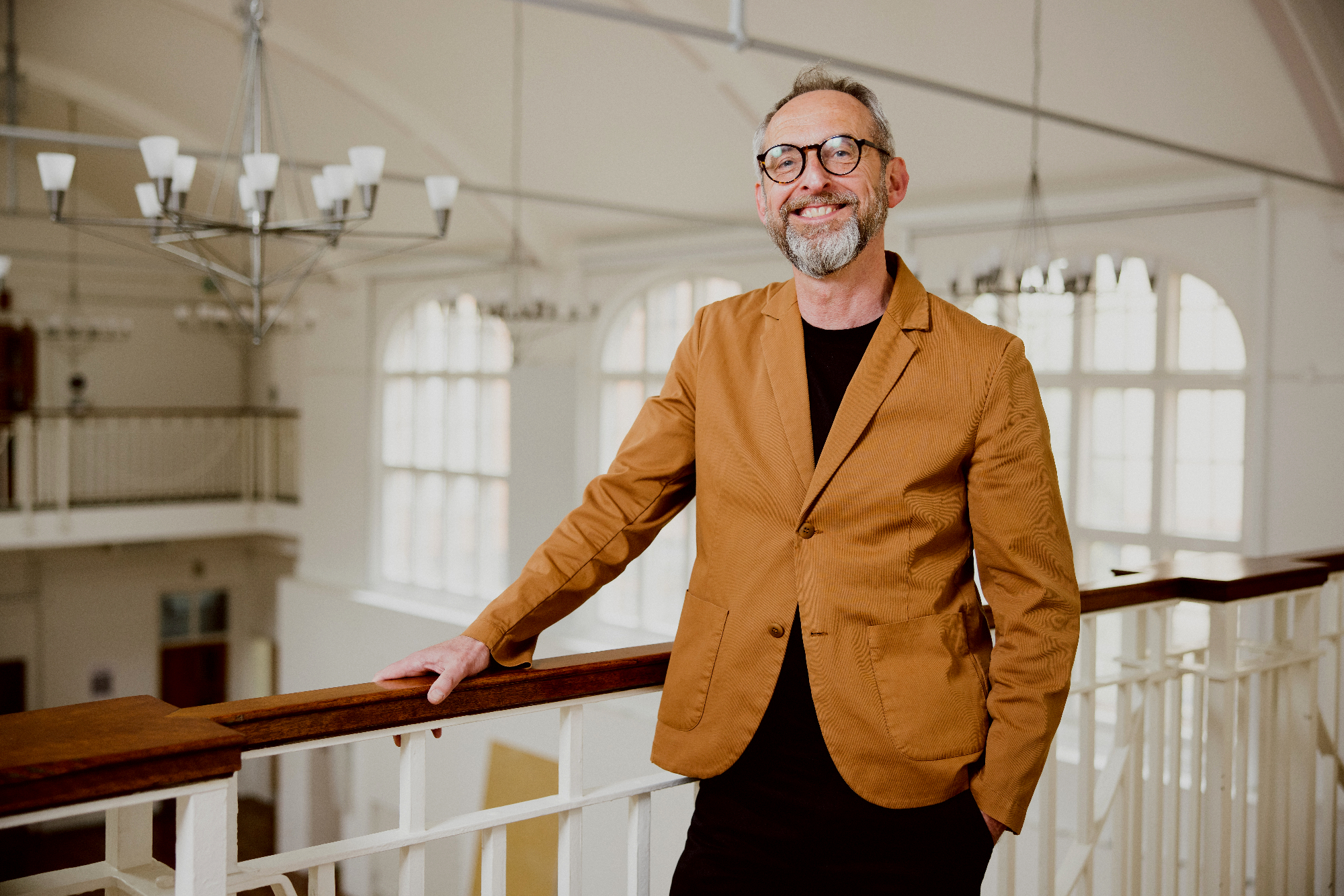
Joe McCullagh leads on strategic and operational aspects of the school, to ensure it’s a fantastic environment for learning, research, creativity and development. He sees his role as being a pedagogic designer, developing environments that enable students and staff to meet their potential.
He is committed to how creativity with the transformative ability of education can transform and enrich our lives, overseeing projects that profile the brand of the school, and linking up and working with external partners, nationally and internationally, to build sustainable relationships with them.
What one thing inspired you to do what you do now?
When I was younger I was, like a lot of art students, a big Roxy Music and David Bowie-obsessed person, that kind of pop culture, and pop art, all the music, graphics, and art. Bryan Ferry of Roxy Music studied fine art, and was taught by Richard Hamilton, a pop artist. I wanted to be in that world. That drew me in to art and design at a very young age. Pop art was the way in because it’s more accessible, then you become a bit obsessed with following that world, that culture, that environment, from musicians to writers and artists.
Those people, like Brian Eno, as well as being creatives, they have a lot to say about society and the world, in terms of how they apply their creativity and their thinking. I’m kind of drawn to people who sit between disciplines, who are interested in the space between things. I guess my own career is very similar - not quite in one area, but always interested in what takes place in between.
What single piece of advice would you give your younger self?
Go with your gut feeling. Don’t run with the crowd, and do something you really believe in, that you’re passionate about. Have the confidence to believe in yourself more. I was the first generation of my family to go to university and having more confidence and belief would have changed things. Perseverance too - a lot of it comes from the mindset of believing in yourself.

What’s the most valuable thing you’ve taken away from your own education?
To be resourceful, and adaptable. Those things for me are really important. They help you be more resilient in terms of the future and what comes forward. Adaptability and resourcefulness are key.
What do you think being at art school is like nowadays…?
I think it’s an incredible time to be an art school student. The opportunities now are far more open in terms of your practice. To be an art student in the '80s, even though it was open, it was still very siloed, and relatively traditional in lots of respects. You were a painter, a sculptor, a printmaker, a graphic designer, a video maker. I think now digital media and a more open culture has enabled you to create in so many more ways. You can access different technologies, and it’s far easier to engage with.
It’s really about you and the creativity now. You’re less bound by what you do, and it’s far more pluralistic in terms of your practice, and it’s less judgemental in the creative industries and sector. It’s more about the work, and what you’re doing with the work. I think to be an art student now is so exciting. You can make a bigger impact, both nationally and internationally, because of networks you can create now, particularly through digital and social media online.
…and what will the future of art school be like?
As a creative, you always put technology at the service of what you do, rather than being at the service of technology. I think we will see a further blurring of the physical and virtual, through things like artificial intelligence, industry 4.0, and the digital era in general. But at the same time there will be a further emphasis on human-centredness and empathy. The need for that will be heightened, so I actually think that the interaction of the social and personal will become stronger in ten years time.
Again, it’s a really exciting time, and it’s for creatives to shape that and society. There’s a danger of becoming a ‘designosaur’ because of technology, I think automation of certain tasks will take place, and certain work, but the role of the artist/creative will be that of a new visionary. The principles of art and design practice are about cognitive and retinal disruption, and this will be further foregrounded. They will be of crucial importance. Creativity will become even more the currency - not just in art and design but other professions as well. I think even if you’re an accountant for example, creativity will become much stronger. We’ve therefore, got a significant part to play to shape and lead society in that context.
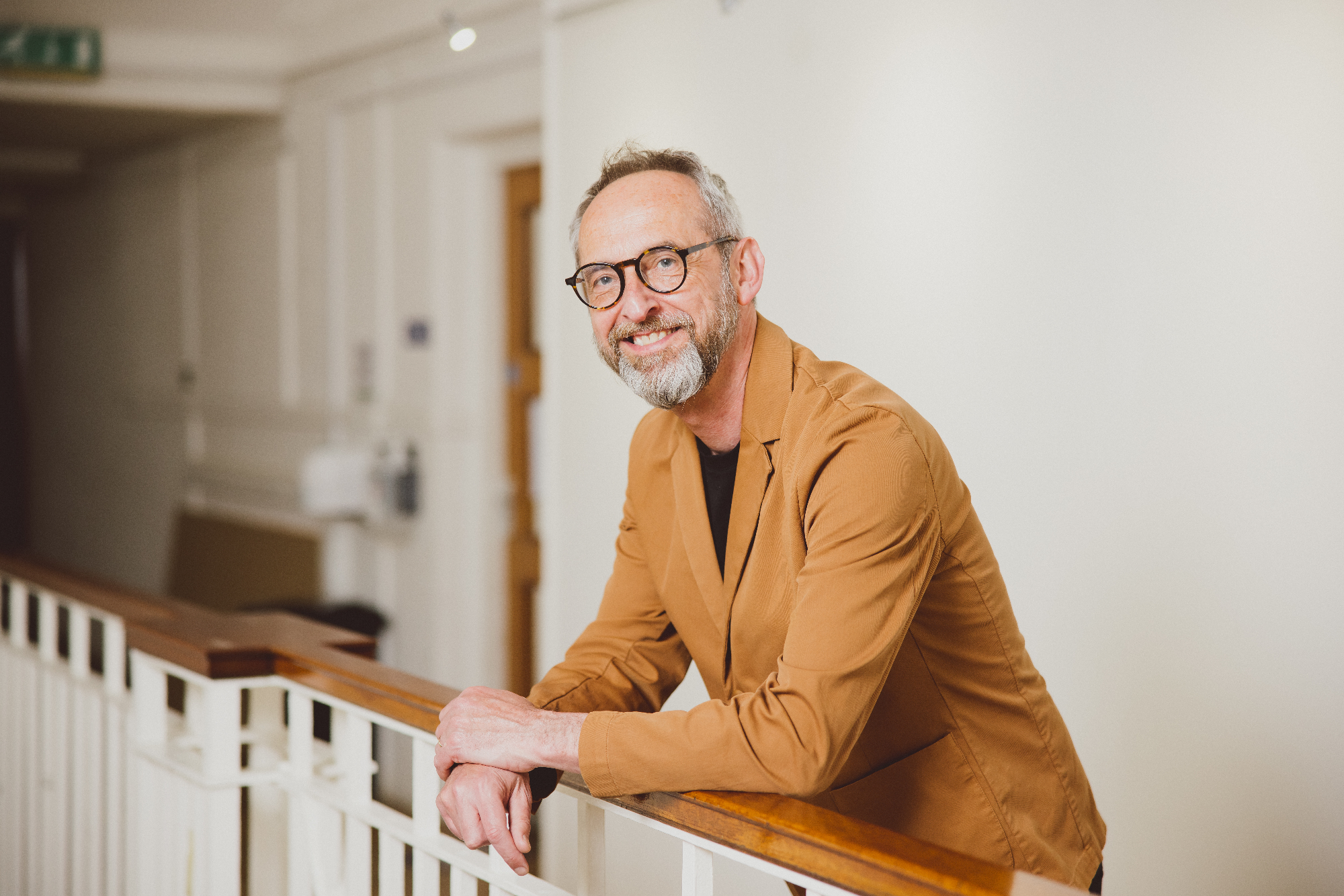
What are you most looking forward to in your role?
Bringing out the best of Cambridge School of Art, and making the school really distinct. Celebrating the work of our incredible staff and our talented students and their research. Profiling and amplifying the distinctiveness of the school, so other people know about us, regionally, nationally and internationally. It’s clear it’s a great school. It’s about making it even greater.
I think the university’s in a really interesting place geographically, being a campus in the centre of a great city, and that positioning of what we do, and how we are an important part of the cultural, social, economic life of Cambridge, is so important. That’s the kind of thing I’m interested in already, its social purpose, its relevancy and its positive impact.
What projects are you working on at the moment?
At the moment we’re developing further additions to the design portfolio, particularly around multi-disciplinary design, so the projects are really about this notion of multidisciplinarity, social innovation, and human-centredness, looking at how we can work collaboratively, co-create, co-design our futures, our environments, within much more multidisciplinary teams and thinking, and using different research methods and methodologies that may not necessarily come from art and design but from other aspects of research.
How we can develop new curricular that relate to the concerns of the environment, climate, society, culture, social justice. It’s very much around that thinking. I think those concerns are very much in Generation Z’s minds - their concerns about ethics, the environment, sustainability, fairness. So we’re really interested in exploring these avenues and thinking up a series of new provision within the school which is very much connected to societal challenges.


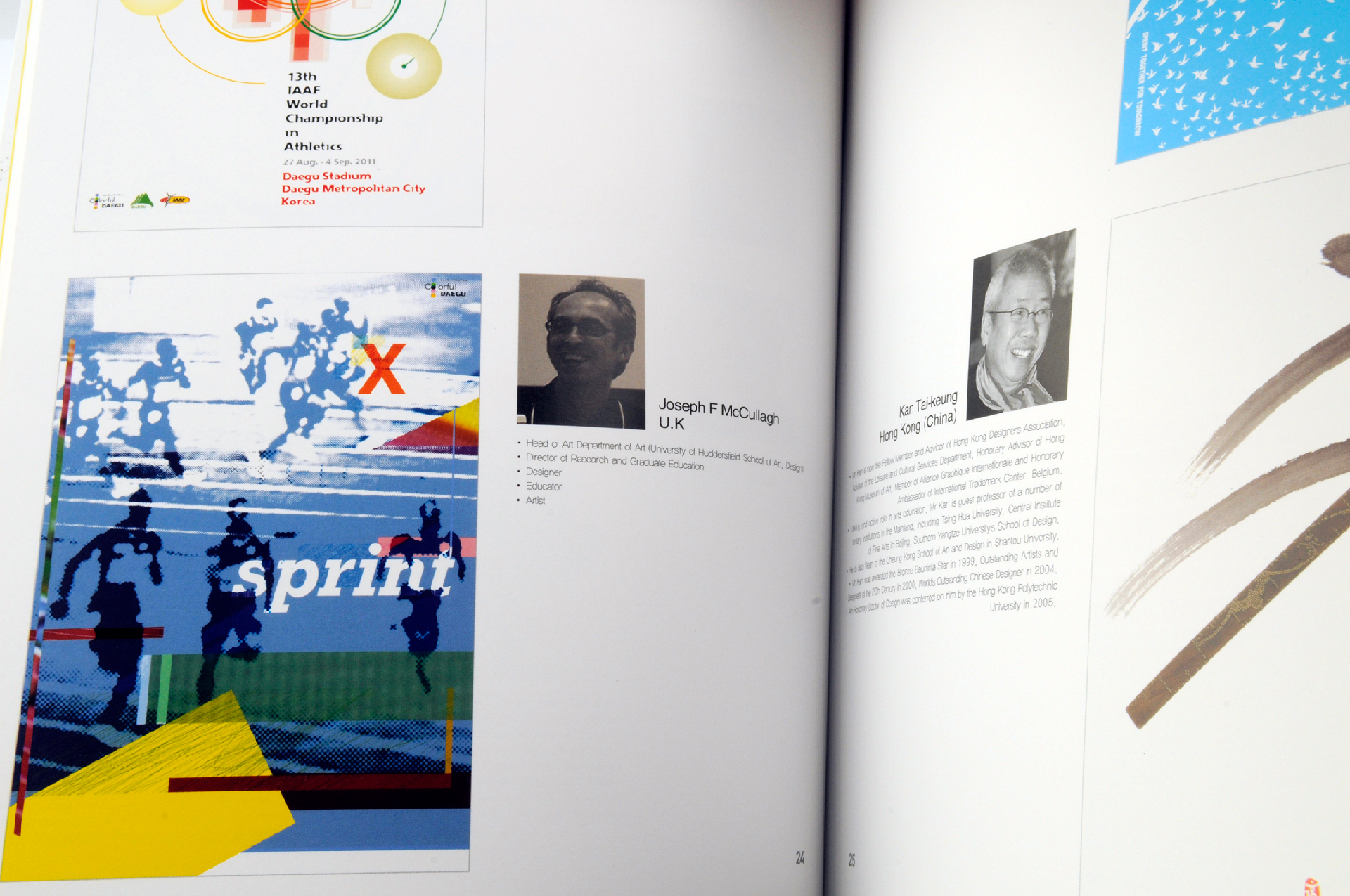
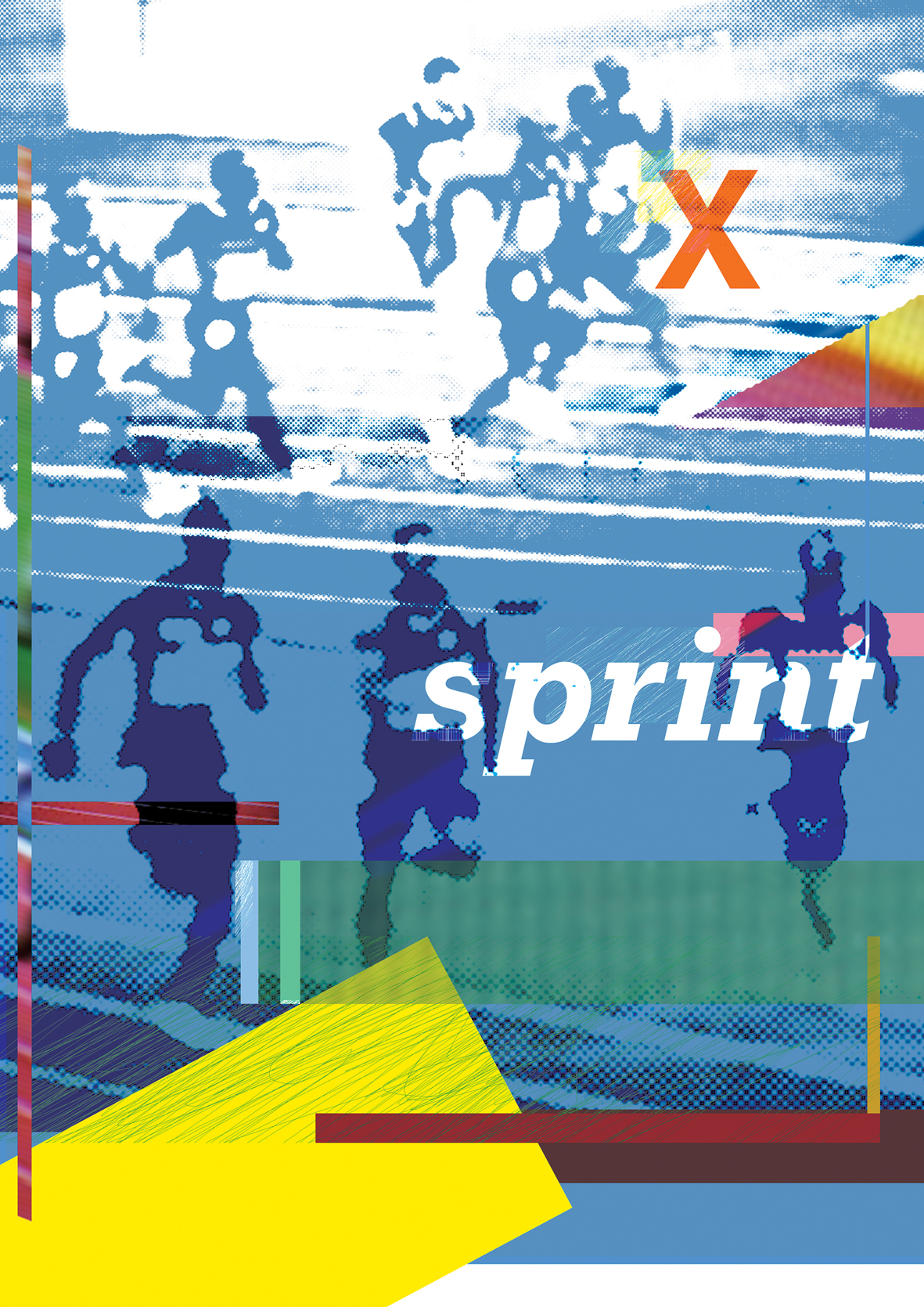
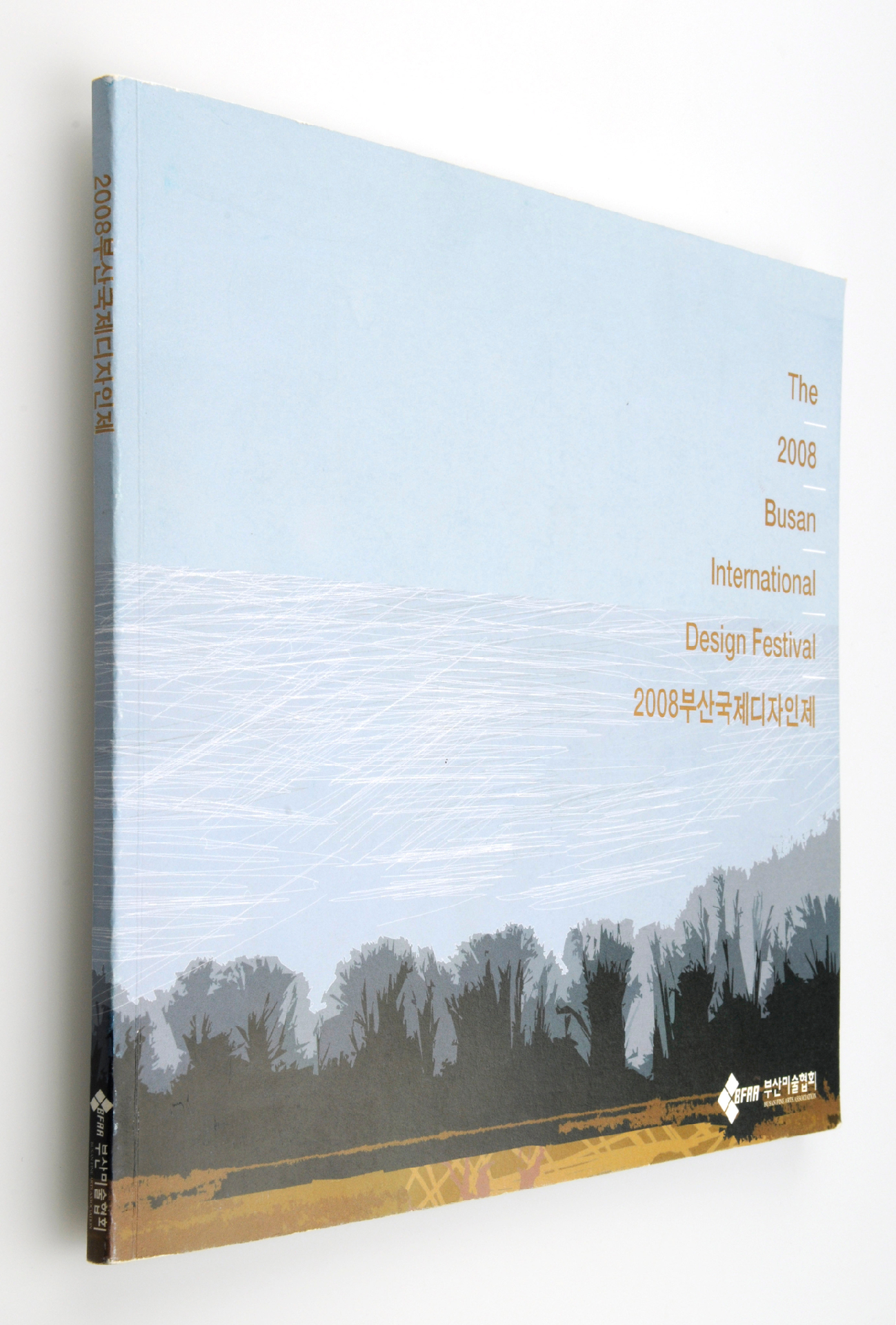
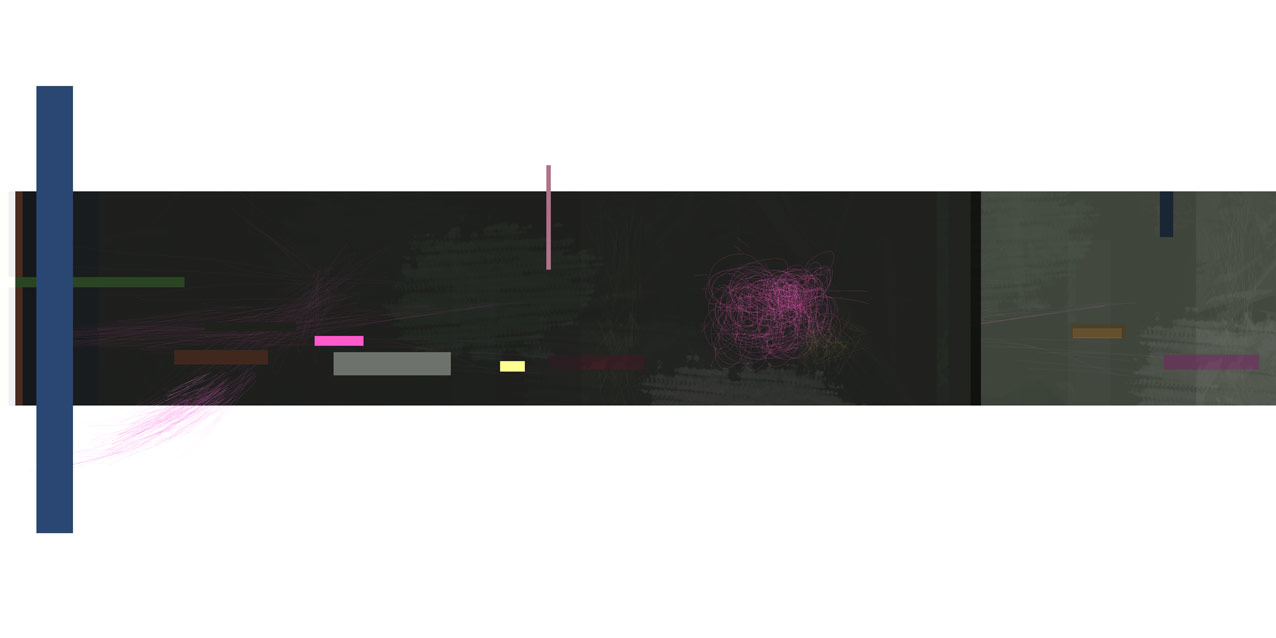
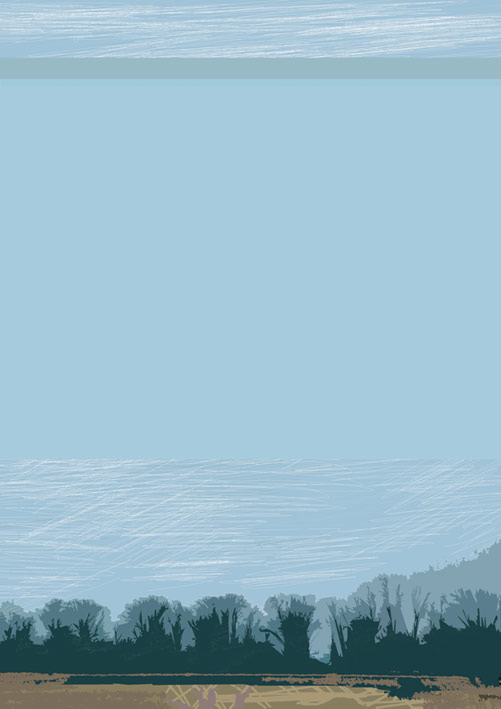




Where now
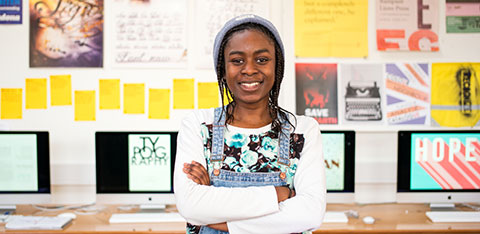
ARU
Cambridge School of Art
Combining the traditions of our past with the possibilities afforded by the latest technologies, we nurture creativity through experimentation and risk-taking to empower the makers and creators of the future.
Visit site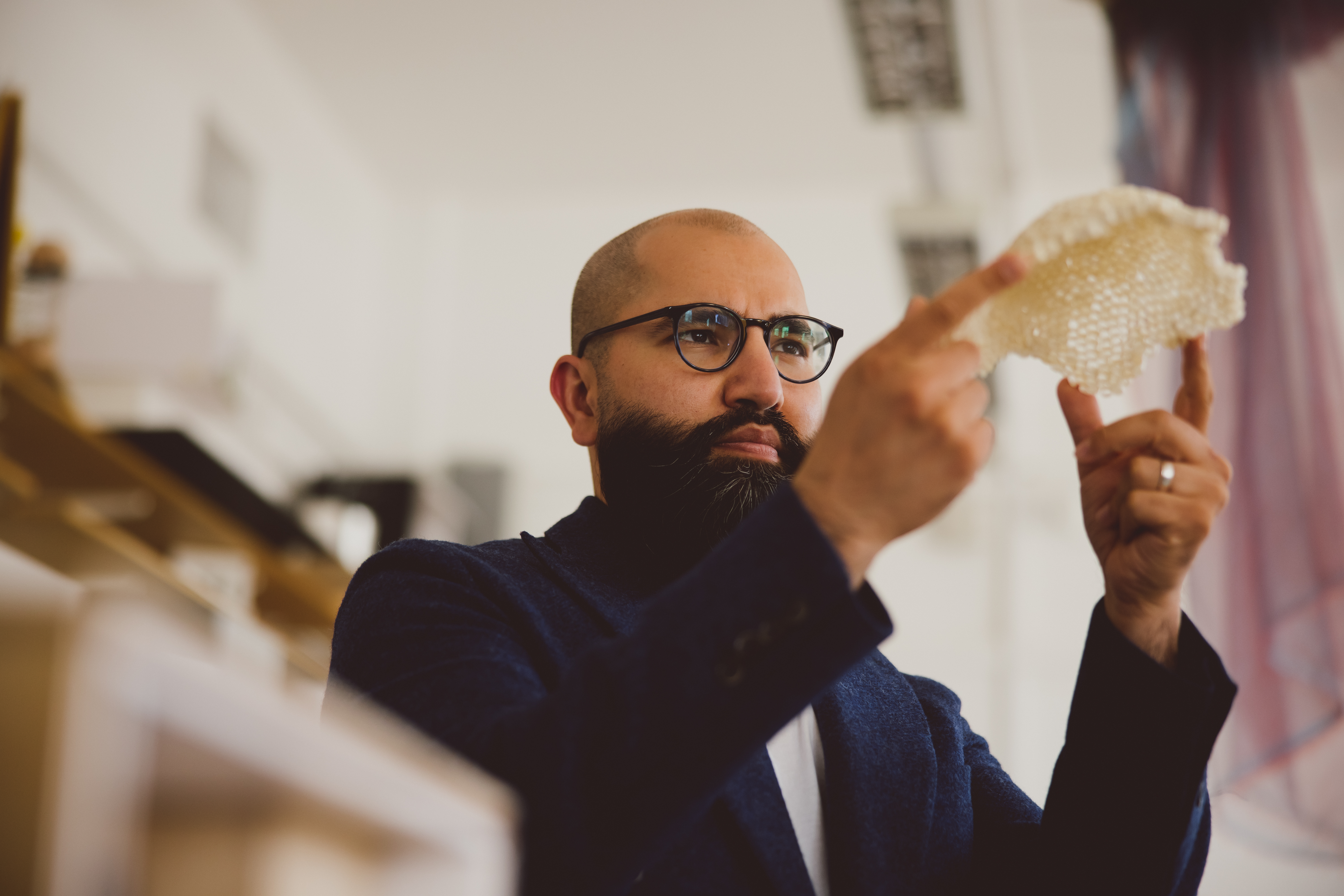
People
Idrees Rasouli
An award-winning designer of products, processes, and places, with a focus on disruptive market innovation, Idrees Rasouli is Associate Professor and Deputy Head of Cambridge School of Art.
Meet Idris